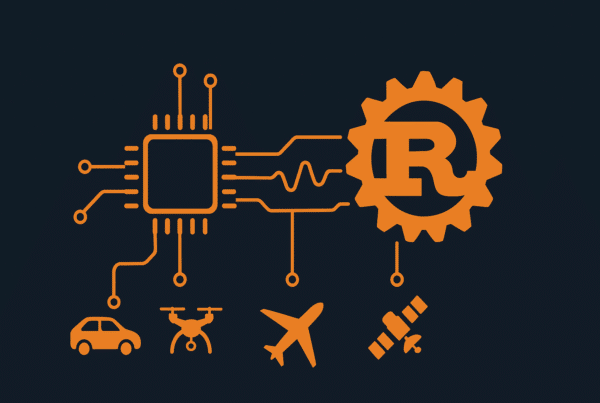Connected Vehicles and IoT: Embedded Linux as the Enabler of a Smarter Future
The automotive industry is transforming, with connected vehicles and the Internet of Things (IoT) at the forefront. These vehicles rely on advanced technologies that enable real-time data sharing, improved safety, and enhanced user experiences. One key enabler of this evolution is Embedded Linux—a powerful, flexible operating system designed for resource-constrained environments. It plays a crucial role in powering the systems that make modern vehicles smarter, safer, and more connected.
Why Embedded Linux Matters in Connected Vehicles
- Seamless Connectivity
Embedded Linux ensures vehicles can communicate effortlessly with other vehicles, infrastructure, and IoT devices, enabling features like remote control, real-time updates, and over-the-air software upgrades. Its support for a variety of connectivity protocols (Wi-Fi, Bluetooth, cellular) makes it the backbone of the connected vehicle ecosystem. - Enhanced Security
As connected vehicles become targets for cyber threats, Linux offers robust security features like encryption and secure booting to protect sensitive data. Its open-source nature allows the global community to collaborate on swift security updates, ensuring ongoing protection. - Real-Time Performance
Advanced Driver-Assistance Systems (ADAS), which rely on instant decision-making, need real-time data processing. Embedded Linux supports low-latency operations, ensuring that features like automatic emergency braking and lane-keeping assist function seamlessly and safely. - Flexibility and Innovation
The open-source nature of Embedded Linux allows automakers to customize their systems, enabling innovation in areas like infotainment, AI-powered features, and vehicle diagnostics. It provides the flexibility needed to rapidly deploy new technologies and keep pace with industry demands. - Efficiency and Sustainability
Embedded Linux optimizes resource usage, reducing energy consumption and improving the efficiency of connected vehicle systems. This is particularly important for electric vehicles (EVs), where energy efficiency directly impacts range and battery life.
Conclusion
As connected vehicles continue to evolve, Embedded Linux is the foundational technology enabling smarter, safer, and more efficient transportation. Its flexibility, security, real-time performance, and support for innovation make it a vital enabler in the future of connected and autonomous driving. By leveraging Embedded Linux, the automotive industry can build vehicles that meet the growing demands of connectivity, security, and sustainability.
Looking to grow your team with Embedded Experts or looking for a new opportunity? Contact kris@akkar.com







